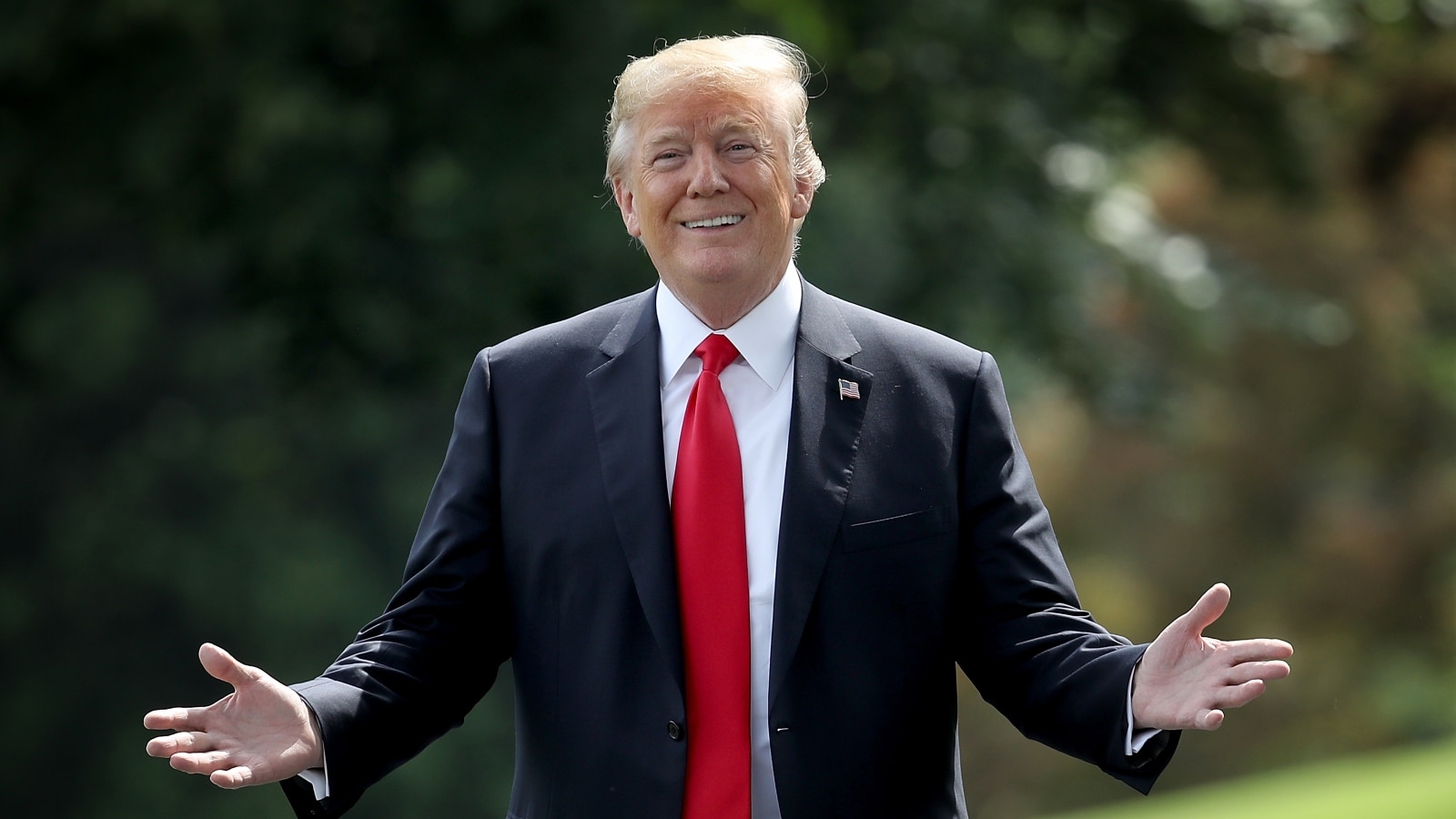OPINION: This article may contain commentary which reflects the author's opinion.
One political analyst believes that Donald Trump’s legal team had a good day last month arguing about presidential immunity before the U.S. Supreme Court.
Senior editor Ronald Brownstein’s piece in The Atlantic, “Trump Is Getting What He Wants,” concludes that the former president is unlikely to be tried in federal courts before the November elections.
Brownstein discussed his conclusions in an interview with CNN.
“Political analyst Ron Brownstein’s new piece out in The Atlantic is about the Supreme Court‘s impact on Trump‘s future and the future of the presidency…let‘s start there. Ron, because after yesterday‘s Supreme Court arguments, you concluded that Trump is getting what he wants and more how and why,” asked host Kate Bolduan
“Well, look in practical, your attorney in the near term, what he‘s getting is we‘re kind of getting numb to this, but that at that hearing yesterday, five of the Republican-appointed justices, really all of them except Amy Coney Barrett, gave very clear signals that they are going to protect the Republican presidential nominee from a trial before the November election on the charges that this poll and other polls show are the most serious is to the American people,” Brownstein claimed.
“I mean, in practical terms, at almost any of the rulings that seemed possible out of that hearing are going to make it extremely difficult, if not impossible, for there to be a trial on whether Trump tried to subvert the last election before he faces voters in the next election,” he continued.
“The implications for what happens if he is re-elected may be even more profound. I mean, you saw that hearing how virtually unlimited is their view of presidential power,” he went on. “His lawyers argued that unless he was first impeached and convicted, which is impossible in this current partisan environment, he could sell nuclear secrets, assassinate a political rival, or even stage a coup without facing criminal trials and the legal experts that I spoke with pointed out that when you‘re starting with someone who has that level of view of what he can do as president, trying to draw a very fine line between what can and can‘t be prosecuted after he leaves office is kind of a doomed effort.
He wrapped up: “He is going to take almost any kind of immunity as a license to truly push at the boundaries and read just a portion of because of that, you wrote this: those who went into the hearing wishing to preserve a pre-election trial against Trump emerge from the proceedings reduced to hoping that the court doesn‘t eviscerate the possibility of criminal consequences for any president who breaks the law.”
WATCH:
Meanwhile, the Supreme Court declined to decide if delivery drivers for Amazon.com, Domino’s Pizza, and a Flowers Foods subsidiary can get out of having to go through mandatory arbitration for employment claims, which the court recently said applies to a wide range of industries.
The court turned down both companies’ separate requests to review lower court decisions that said the drivers were working in interstate commerce even when they were making local deliveries and were exempt from the Federal Arbitration Act (FAA), which meant they could go to court with a class action wage claim instead of an individual arbitration claim.
Many workers sign arbitration agreements that are otherwise valid, but the FAA doesn’t apply to transportation workers who work in interstate commerce. In each case, the companies and lawyers for the plaintiffs did not answer when asked for comment, Reuters noted.
In the case of Bissonnette v. LePage Bakeries, which came up earlier this month, the Supreme Court ruled 9-0 that the FAA exemption can apply to any transport workers, not just those who work in the transportation industry.
